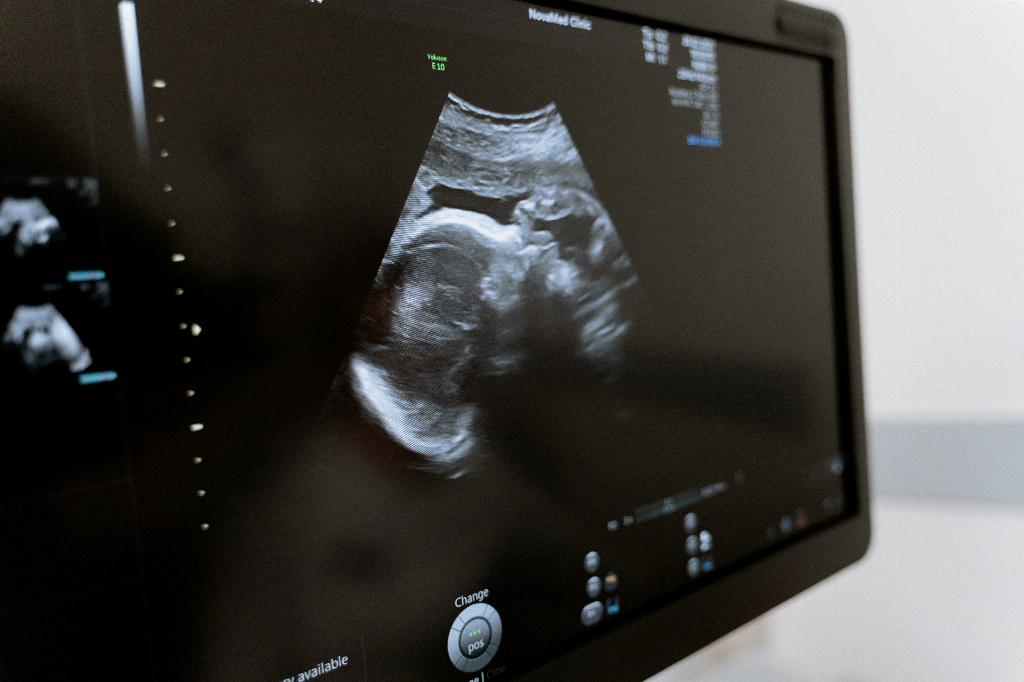When you’re 28 weeks pregnant and experiencing period-like cramps, it’s understandable to feel concerned. However, it’s essential to know that such cramps are relatively common during the third trimester of pregnancy. These cramps are typically attributed to Braxton Hicks contractions, also known as “practice contractions.”
Braxton Hicks contractions are your body’s way of preparing for labor. They are considered “false” contractions because they don’t lead to active labor or the birth of your baby. Instead, they help tone and strengthen the uterine muscles, getting them ready for the real deal when the time comes.
At 28 weeks pregnant, your body is going through significant changes to accommodate your growing baby. The uterus is expanding, and the ligaments supporting it are stretching. These changes can sometimes trigger Braxton Hicks contractions, which may feel like period cramps or mild tightening in the abdomen.
It’s crucial to differentiate between Braxton Hicks contractions and true labor contractions. Braxton Hicks contractions are irregular and unpredictable. They might come and go, varying in intensity and duration. In contrast, true labor contractions follow a pattern, becoming more frequent, intense, and regular as you get closer to delivery.
If you’re experiencing period-like cramps at 28 weeks pregnant, try changing your position or activity. Sometimes, dehydration or overexertion can trigger Braxton Hicks contractions. Resting on your left side and drinking water may help alleviate the discomfort. Remember to listen to your body and take breaks when needed.
It’s essential to stay hydrated during pregnancy, especially when dealing with Braxton Hicks contractions. Dehydration can sometimes exacerbate these contractions, leading to more discomfort. Drinking an adequate amount of water not only helps with cramps but also supports the overall well-being of you and your baby.
While Braxton Hicks contractions are typically harmless, there are instances where they might indicate a concern. If you experience persistent pain, severe cramping, vaginal bleeding, or any unusual symptoms along with the contractions, contact your healthcare provider immediately. It’s always better to err on the side of caution and seek medical advice.
Your emotional well-being is just as important as your physical health during pregnancy. Dealing with cramps or any discomfort can be stressful, so it’s essential to practice relaxation techniques, such as deep breathing or gentle stretching. Surround yourself with a supportive network of family and friends who can offer encouragement and understanding.
As you continue your pregnancy journey, remember that every person’s experience is unique. What you’re going through is valid, and it’s okay to seek reassurance or guidance when needed. Stay in tune with your body, trust your instincts, and don’t hesitate to reach out to your healthcare provider for any concerns.
In conclusion, experiencing period-like cramps at 28 weeks pregnant is not uncommon and is often attributed to Braxton Hicks contractions. These contractions play a vital role in preparing your body for labor, but it’s crucial to monitor any accompanying symptoms and seek medical advice if needed. Remember to take care of yourself both physically and emotionally as you navigate this beautiful journey towards welcoming your little one into the world.

